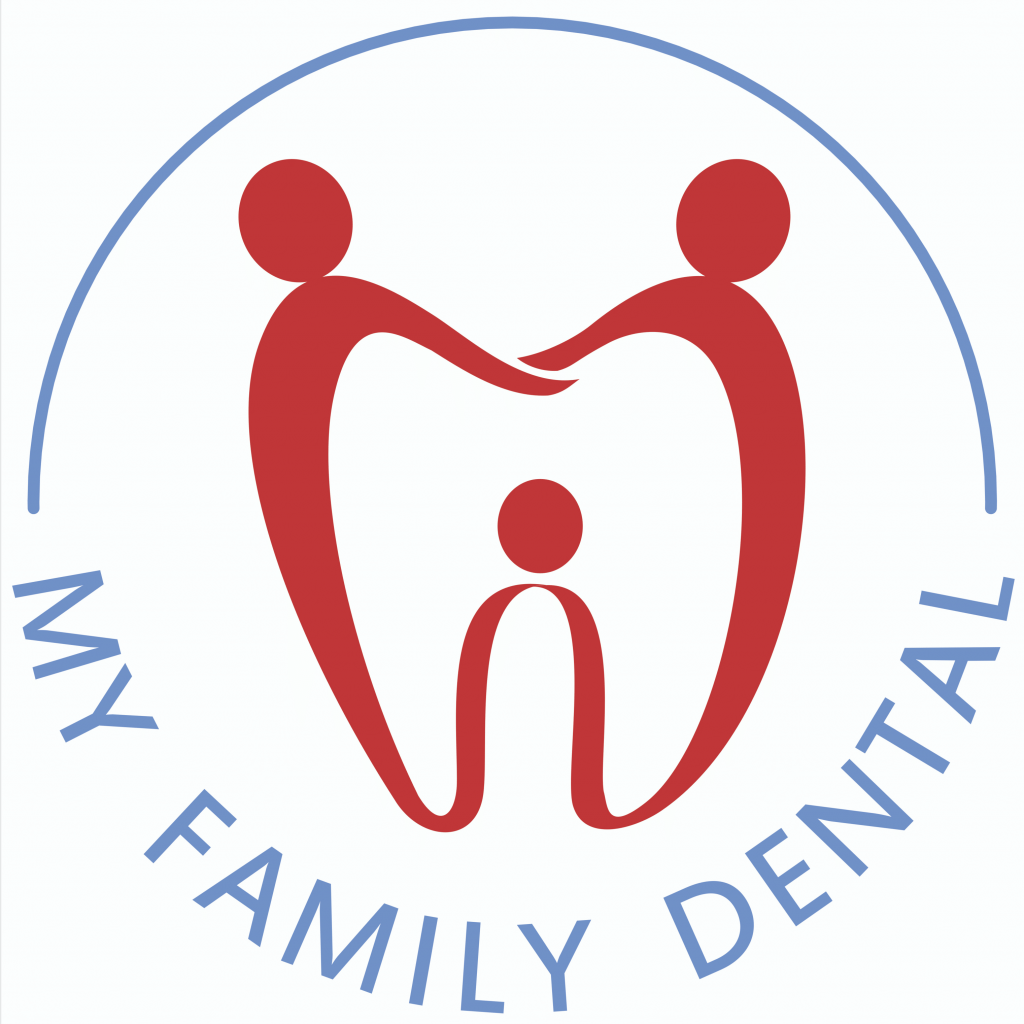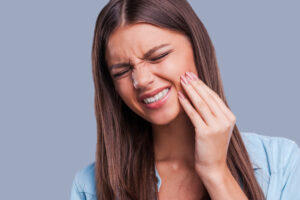Would tongue-scraping work? Do the benefits of tongue scraping make it worth your time? In this blog post, we’ll explore the answers to both questions. We’ll also discuss what tongue scraping is and some of the potential benefits you may experience from this simple oral hygiene practice.
What is a tongue scraper, and how do you use it?
A tongue scraper is an oral hygiene tool that removes bacteria, food debris, and dead cells from the tongue’s surface. It is essential to clean the tongue daily because this can help to freshen your breath and prevent gum disease and tooth decay. Tongue scrapers are usually made of stainless steel or plastic and come in different shapes and sizes. To use a tongue scraper:
- Place it at the back of the tongue and pull it forward.
- Rinse the scraper after each stroke, and repeat until the entire tongue has been cleaned.
- For best results, use a tongue scraper after brushing your teeth.
What are the benefits of using a tongue scraper?
There are several benefits of using a tongue scraper:
- It can help to freshen your breath by removing bacteria from the tongue.
- It can help to improve the sense of taste by removing debris that can cause a bitter or sour taste in the mouth.
- It can help to prevent bad breath by keeping the tongue clean.
How often should you scrape your tongue?
Although there is no set recommendation for how frequently to scrape your tongue, most experts advise doing it once or twice a day. Others prefer to scrape their tongues first thing in the morning and right before night, while some find that doing so after every meal is adequate. Ultimately, the best frequency for tongue scraping depends on your individual needs and preferences. However, making it part of your daily routine is an excellent way to ensure that your mouth stays healthy and clean.
What are the possible side effects of using a tongue scraper?
Although tongue scraping is generally considered safe, there are some hazardous potential side effects to be aware of. The most common side effect is soreness or irritation of the tongue. This is usually mild and goes away quickly. In rare cases, more severe side effects can occur. These include bleeding, cuts, or ulcers on the tongue. If you experience side effects, stop using the tongue scraper and see your doctor. Another potential side effect is gagging. This usually happens if the tongue scraper is too big or too small for your mouth. Try using a different size or shape of tongue scraper to see if that helps.
Can I use a toothbrush to clean my tongue instead of a scraper?
A tongue scraper is the most promising way to clean your tongue, but you can also use a toothbrush. A tongue scraper is a small, curved tool that you glide over your tongue to remove bacteria and food debris. A toothbrush can also remove bacteria and food debris, but it is less effective than a tongue scraper. A tongue scraper will remove more bacteria and debris because it has a small, curved blade that can reach your tongue’s nooks and crannies. A toothbrush has bristles that are less effective at getting all the areas of your tongue. So, if you don’t have a tongue scraper, you can use a toothbrush to clean your tongue. Just remember that a toothbrush is less effective than a tongue scraper.
Tongue Scraper at My Family Dental QLD, Parkdale VIC, Australia
While there is still some research on the matter, early indications suggest that tongue scraping may offer various benefits. Tongue scraping may be worth considering if you are looking for an easy and affordable way to improve oral health. Talk to your dentist or doctor about adding this simple step to your oral care routine.
My Family Dental has dental clinics in Emerald, Bowen, Innisfail, Townsville, Ingham, and Bohle Plains for your convenience.



